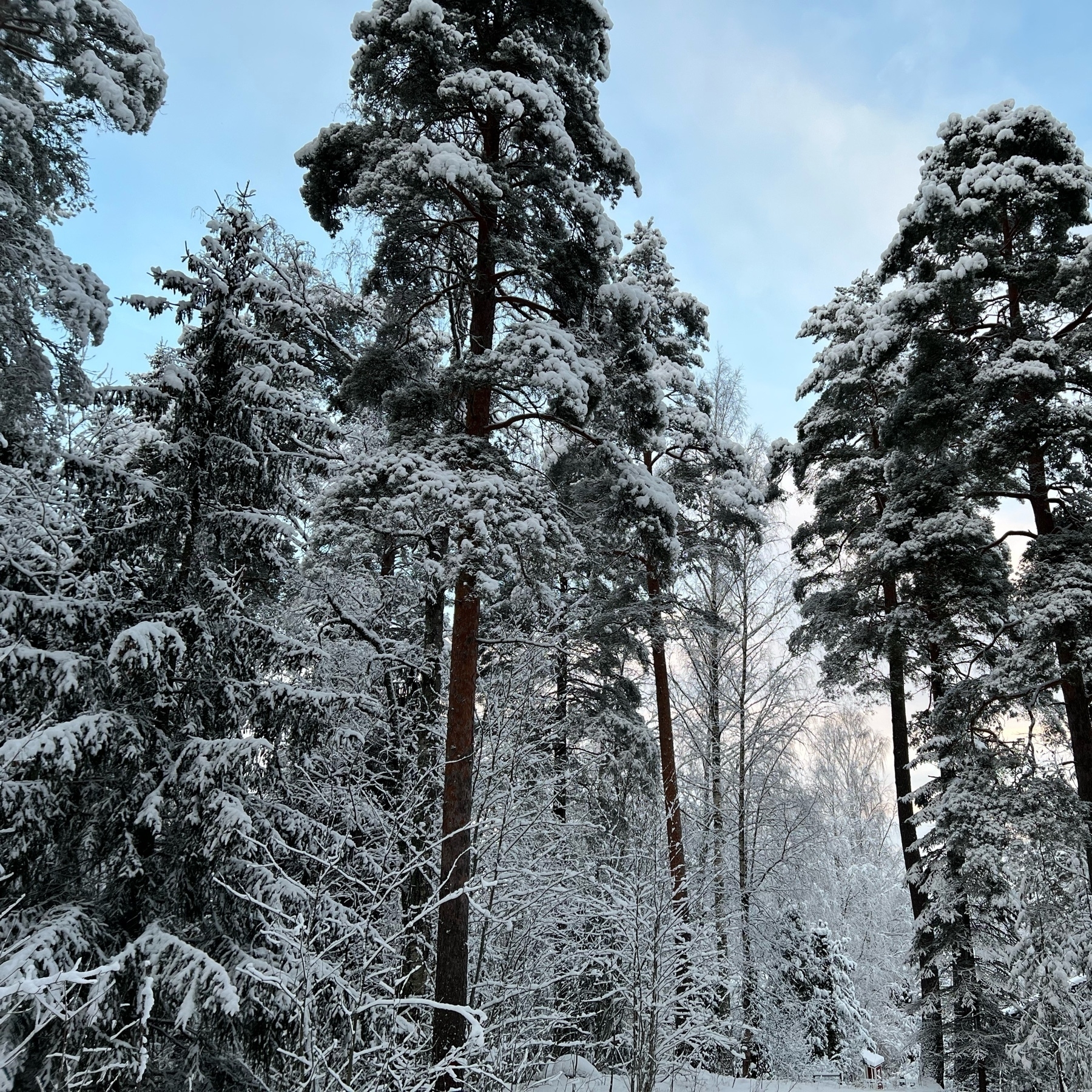lewism
§ Book Index
This is a list post of the short book reviews I have made here.
Non-Fiction
- The Hansa Towns by Helen Zimmern ★★★★
- Status and Culture by David W. Marx ★★★★★
- Twilight of Democracy by Anne Applebaum ★★★★
- A Place To Read by Michael Cohen ★★★★★
- Killers of The Flower Moon by David Grann ★★★★★
- The Lost City of Z by David Grann ★★★★
- Fingers Crossed by Miki Berenyi ★★★★★
- A Brief History of Equality by Thomas Piketty ★★★★
- A Life Lived Remotely by Siobhan McKeown ★★★★
- What I Talk About When I Talk About Running by Haruki Murakami ★★★
Fiction
- Northern Lights by Philip Pullman ★★★★
- Toward Eternity by Anton Hur ★★★★★
- You Are Here by David Nicolls ★★★★
- Empire of Silence by Christopher Ruocchio★★★
- This Is How You Lose the Time War ★★★★★
- Babel-17 by Samuel R. Delany ★★★★
- System Collapse by Martha Wells ★★★
- The Alienist by Caleb Carr ★★★★
- House of Suns by Alastair Reynolds ★★★★★
- The Dark Forest by Cixin Liu ★★★★
- The Three Body Problem by Cixin Liu ★★★★
- Where the Crawdads Sing by Delia Owens ★★★★
- The Library of The Dead by T.L.Huchu ★★★★
- Neuromancer by William Gibson ★★★★★
- Alone in Berlin by Hans Fallada ★★★★★
- The Ministry of the Future by Kim Stanley Robinson ★★★
- Winter Counts by David Heska Wanbli Weiden ★★★★
My Autumn / Fall Reading List 2022 📚
The Autumn is always busy so the list is even more unachieveable than normal! There is nothing yet from the horror genre either and with the nights closing in and Halloween on the way I feel like I would like to add a few of those but have yet to look around for some recommendations in that genre.
Michael Cohens follow up to one of my summers favourite books is there also. Maybe I need to add some more fiction there too, especially for Audiobooks I prefer a fiction book i am much less tempted to take notes on! So I expect things to move around a little as the autumn progresses.
This is what it looks like at the moment.
- And Other Essentials by Michael Cohen
- The Three Body Problem by Cixin Liu
- Underland by Robert Mscfarlane
- Stealing From the Saracens by Diana Darke
- Antwerp by Michael Pye
- Survival or the RIchest by Douglas Rushkoff
- Braifing Sweetgrass by Robin Wall Kimmerer
- Saga Land the Island Stories at the End of the World by Richars Fdler & Karo Gislason
- The Premonitions Bureau by Sam Knight
- Book Lovers by Emily Henry
- The Color of Law by Richard Rothstein
My Summer 2022 Reading List 📚
For the first time ever I made a summer reading list for myself in order to try and find some good books and read them in a slightly more methodical way than the almost random method I usually choose my next book from.
First I listed out all the books I had already but haven’t read adding a couple from there. Long ago I reconciled myself to the fact this list will probably only get longer over time.
Then for the first time I really tried to use goodreads and together with that go through my old lists. What books might make good listens, which I should actually read on kindle or in the flesh even. I added in a few books from booktube recommendations , and tried to mix it up with book genres I normally don’t read (see the romances bellow). I really enjoyed my reads overall and the act of making the list and thinking what to add to it was fun in itself. I think it also helped to make the reading journey a little more satisfying, It at least felt more deliberate.
Two particular favourites that made my summer were The Left Hand of Darkness and A Place to Read which was recommended by Jamie Todd Rubin so a big thanks to him for putting up a review of it.
I will be making an Autumn reading list, I think it could become a seasonal thing. A way of making selections of the books I read more thoughtful and more rewarding.
Over the three months of summer these are what I finished:
- The Library of the Dead by T L Huchu
- Our Lady of Mysterious Ailments by T L Huchu
- Four Walls and a Roof by Reinier de Graaf
- Where The Crowdads Sing by Delia Owens
- A Place to Read by Michael Cohen
- Beach Read by Emily Henry
- The Night Charter by Sam Hawken
- A Brief History of Equality by Thomas Picketty
- The Left Hand of Darkness by Ursula K. Le Guin
- Depth Charge by Jason Heaton
A Brief History of Equality - a Short Review 📚
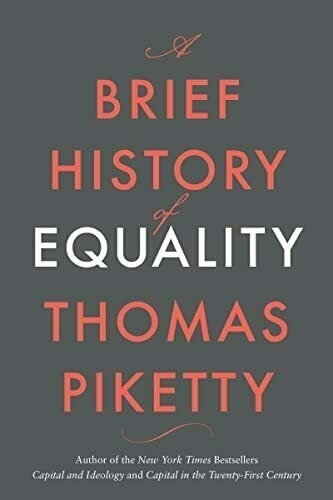
With A Brief History of Equality Thomas Piketty’s new book brings his views on economics to the public as clearly and concisely as he can. At only 277 pages versus his last book Capitol and Ideology which was 1100 pages he really has made every effort to make this as readable as possible.
It is meant to be read not just prop up a coffee table and throughout I found it easy to read and engaging. So if you thought about taking the plunge with Piketty before well this is probably the one too start with for most of us. Piketty begins with clear intentions.
This book offers a comparative history of inequalities among social classes in human societies. Or rather, it offers a history of equality, because, as we shall see, there has been a long-term movement over the course of history toward more social, economic, and political equality.
He follows through on this for the most part, with a clearly stated ambition and detailed research which he uses well enough to illustrate his points without letting the main text to get bogged down in the detail.
Along the way he deals with the key reason we are where we are today by looking back at the last 300 years of economic history.
We might classify these under a few different headings or keywords of which I have brought out a few which I think cover much of what he talks about;
- Slavery and Colonisation.
- Property Rights.
- Education.
- The Liberal economic model.
- Redistribution.
So he clearly sets out the history of inequality, how and why it arose, and slow diminishing over the last 300 years. But now we are at a possible inflection point and inequality has lately been rising again.
He proposes a set of economic tools to get us back on track as it were. To address the problems that are glaringly obvious to all at the moment. It’s a welcome relief from the cheap nationalism in much Western dialogue about economics.
In this book, I have defended the possibility of a democratic and federal socialism, decentralized and participatory, ecological and multicultural, based on the extension of the welfare state and progressive taxation, power-sharing in business enterprises, postcolonial reparations, the battle against discrimination, educational equality, the carbon card, the gradual decommodification of the economy, guaranteed employment and an inheritance for all, the drastic reduction of monetary inequalities, and finally, an electoral and media system that cannot be controlled by money
I hope it is read and debated fairly. I recommend it to anyone looking to make sense of the economic forces which all buffer us but we often are unaware of and in that sense whether you ultimately agree with Piketty or not it is well worth a read.
📚★★★★
Where the Crawdads Sing by Delia Owens 📚
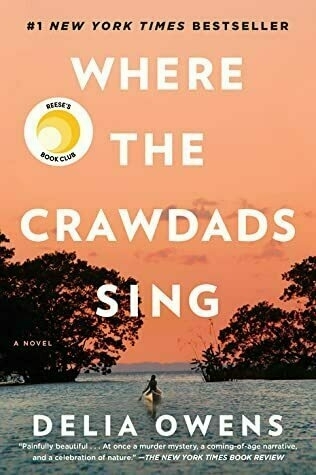
Evocative writing, engaging story, well rounded setting, and not too forced twists meant for a lovely read. The book splits its time line in two and I think this is really well handled also, making for a more gripping plot as the feedback loop from one time periods informs the reader for the other.
I liked the two principle protagonists although perhaps Kya’s story felt a little unbelievable at times her inner voice to me was authentic.
A romance / murder mystery might be a weird split and maybe we didn’t even really need the murder? But I recommend this as a great summer holiday read. 📚★★★★
The Library of The Dead by T.L.Huchu 📚
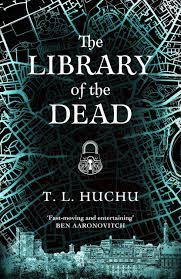
Ropa is a ghostalker a young teenage dropout with a Zimbabwean background growing up in Edinburgh. She talks to the dead taking messages back and forth for them. Soon she is caught up in a strange case of child kidnapping.
T.L Huchu creates an Edinburgh perhaps in the near future definitely in a parallel world where magic exists and society as we know it has partially collapsed. A world which gives him a great chance of writing a gripping fantasy adventure series. The Edinburgh we know is partially regressed. The Nor Loch is back and the city is broken down, more mavelovent and more interesting as a result. Slums and high society mix and overlap as do this world and the next.
His imaginative descriptions of this new Edinburgh are wonderful, I particularly loved his description of Waverley stations roof under the water. Magic is also reimagined given a history linking it back to the enlightenment, to Scotland and Edinburghs history a lovely inventive twist which feels like it fits. So as someone born and bred in Edinburgh I really love the world Huchu has created.
Ropa’s adventures definitely bring to mind Harry Potter but Ropa is a bit more hard boiled than at least the early Potter books. A book like this needs a plot that pulls you through with anticipation and I am happy to say it did this with a wider arc hinted at also by the end.
I loved this book and would recommend and especially to anyone familiar with Edinburgh they will see a new and original twist to the city and some great adventures. 📚★★★★
Neuromancer by William Gibson📚
Super influential he coined the term cyberspace in the 1982 short story Burning Chrome and later in Neuromancer and made famous the term matrix. Hard to think of a more influential book on the look of the near future than Neuromancer. My dad gave me a copy of this book as a teenager and it helped shape my ideas of the future of what was cool, a countercultural space physically and metaphorically.
So it was a real pleasure to read it again and rediscover the thrillingly graphic descriptions which light this book up still today. The 2000 version as a nice introduction by Gibson apologising for the omission of mobile phones amongst other things, and the afterword by Jack Womack makes some really interesting points about the past and future, what they mean to science-fiction. 📚★★★★★
Mustionlinna Finland 📷
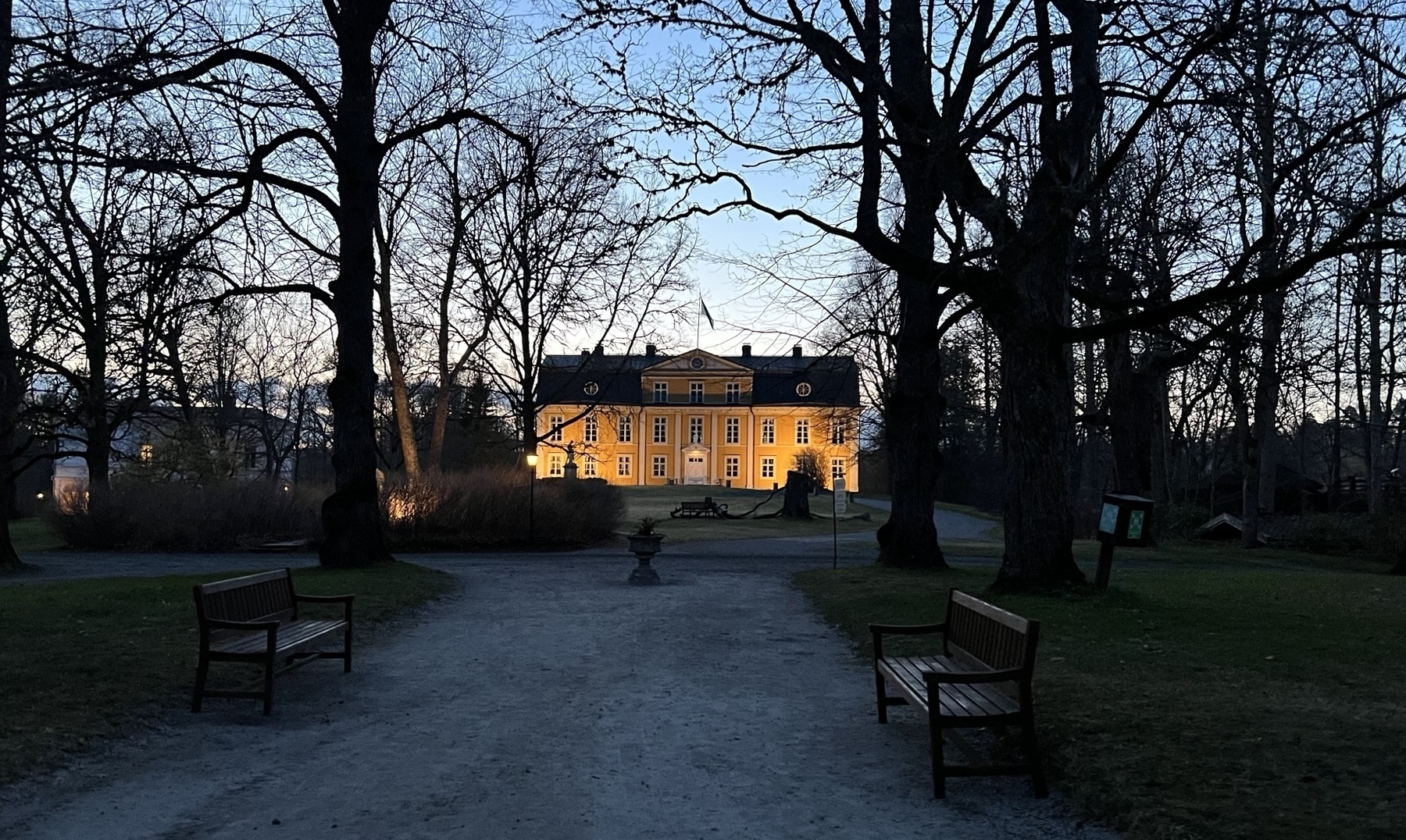
A Life Lived Remotely by Siobhan McKeown 📚
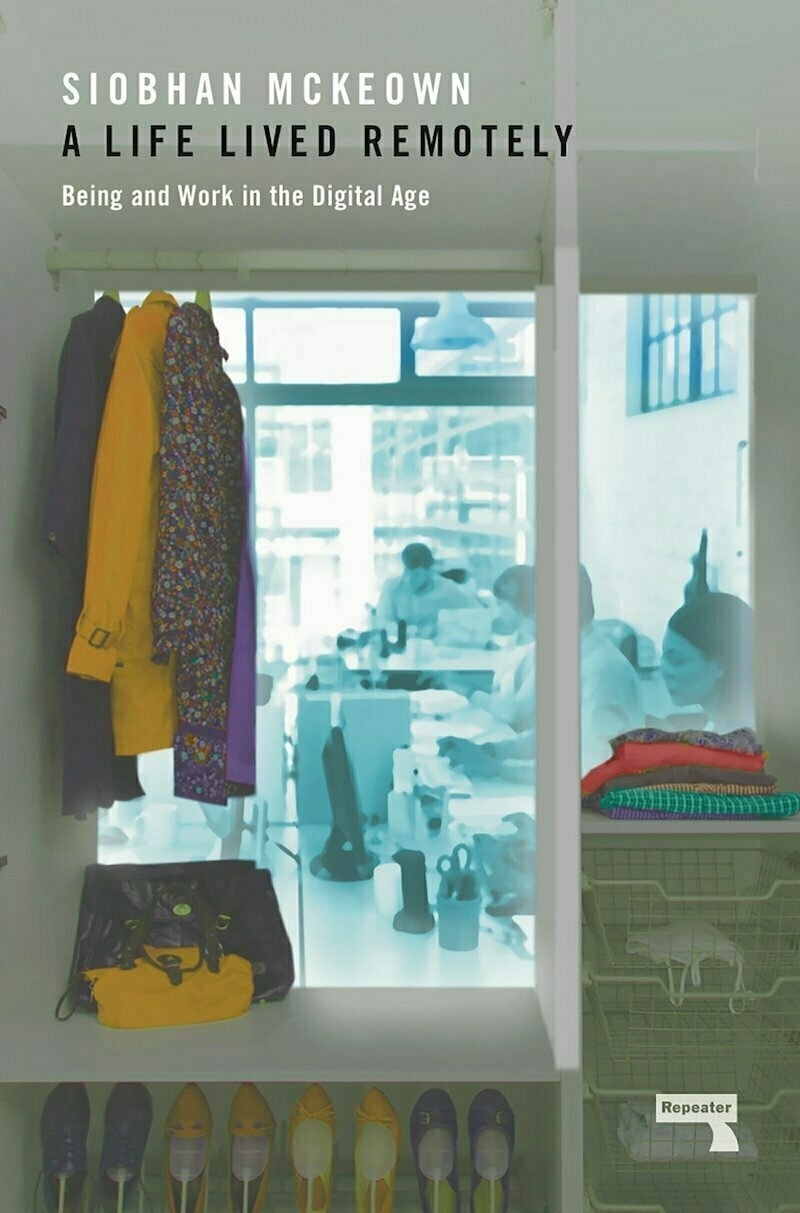
Part memoir, part philosophical journey into work in the digital age. Like a hypertext the very idea of work has kind of exploded, smeared across reality divorced from our location and our private lives. A Life Lived Remotely was published before COVID gripped the world in which perhaps millions more people experienced some of the problems Mckeown looks at in this book. But rather than making the book obsolete it actually reinforces much of the insight. It might be useful as a practical guide to those a little lost between working from home and the office and it might be a good introduction to the opportunities and problems with work in the early 21st C. It’s entertaining and involving even though the memoir parts of the book often take a back seat to the historical and philosophical enquiry into work itself. 📚★★★★
Alone in Berlin by Hans Fallada 📚
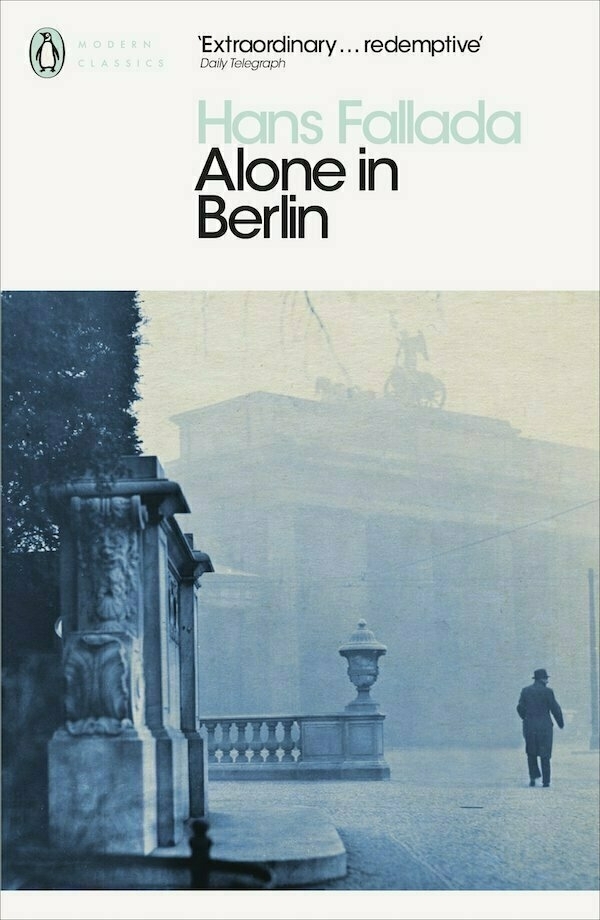
Alone in Berlin By Hans Fallada (Rudolph Ditzen) is a look at the lives of ordinary working class people in Berlin during WWII. It looks at the heroic resistance and amoral compliance of different people under the Nazi regime.
The original German title is Every Man Dies Alone. It’s based on the true story of Otto and Elise Hampel. Fallada was given the Gestapo files of the case by the poet Johannes Becher.
It’s a fantastic empathetic look at the psychology of people under a kleptocracy. If it really feels true in spirit it is probably because Fallada lived under the Nazi regime in fear for many years. He clearly understood the mindset of many of the characters he draws so convincingly in the book.
When I first started reading it I had trouble picking up the book as the Russians were invading Ukraine at the same time. The book all the time brought up my thoughts about that war. But soon enough I had been fully drawn into its story.
Wikipedia has a good background page on the book [Every Man Dies Alone].(https://en.wikipedia.org/wiki/Every_Man_Dies_Alone) 📚★★★★★
The Ministry for the Future by Kim Stanley Robinson 📚
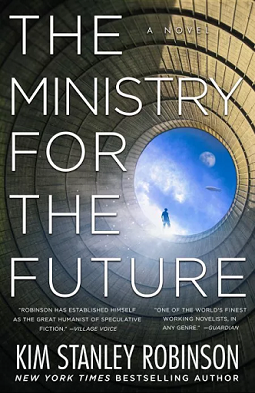
This is both hard science fiction and climate fiction, and a sobering but positive peak into the immediate future where Robinson speculates how humanity can save itself from the impending environmental doom we all know is coming. Told through different narrators and jumping around it doesn’t pull a unified plot line together so much as jump on a few different strands. As a novel too it felt a little flat to me and maybe it’s a little long but it’s a political, thoughful, and as everyone says important book. Recommended. 📚★★★
Sans Musique by Sansibar is the first album I have bought this year. Really nice techno with a large dab of old skool breakbeat. Sansibar is from Helsinki so it’s from my adopted hometown also.🎵 Sans Musique on bandcamp
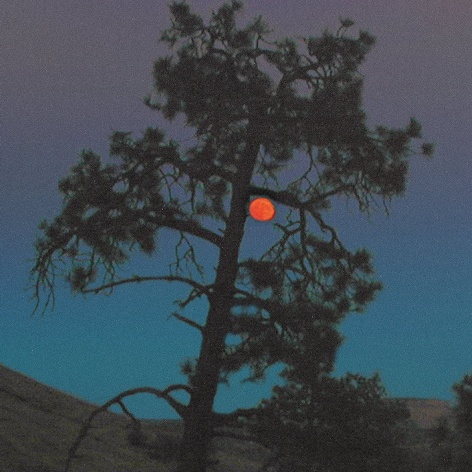
Winter Counts by David Heska Wanbli Weiden 📚
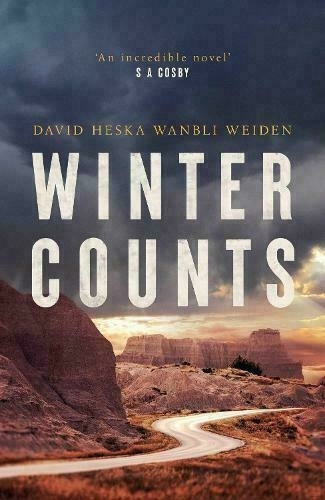
Punchy fiction that takes place on an Indian reservation in South Dakota. Virgil Wounded Horse is the protagonist in the book and as a local enforcer is well placed to illustrate the seperate world in which Reservations in the USA inhabit. They sit adjacent to the law enforcement system forinstance and this reality is well used to drive forward the narrative of the book.
A crime thriller in which the characters are well sketched out as are the cultural and racial fault lines without ever getting heavy handed. No great mysteries or plot twists but with an unforced plot and a satisfying ending I enjoyed being immersed in a realistic world that was new to me. Good, sharp writing that could carry the book even as the plot ebbed and flowed a little in the middle. 📚★★★★
Music and Me 🎵
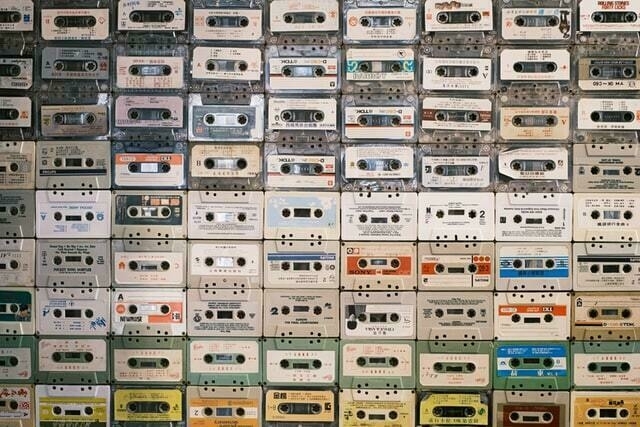
Photo by Grett Zheng
In response to @Jabel writing about mixtapes here I thought to write my own response. Now that I am on Micro.blog this seems to be something I can do, have proper conversations with other people over the internet who would have thought!
So the mix tape is something that is now history. I see in the way my kids consume music that it inhabits a different place for them in their lives than it did for me. Music is like water from a tap for them, the pursuit of a good half heard song, of the chance of listening to an artist that isn’t on the radio, these problems just don’t exist like they did for me growing up in Scotland in the Eighties.
When I was a teenager and CD’s were just taking over the cost of music was high. A CD was something I could afford only very infrequently. It was just much harder to hear music. How to audition the music you actually could afford to buy was pretty tough too so every purchase had to be weighed carefully and thought through repeatedly. Also how it would look to your friends? Forinstance at my school I like to remember there was a Simple Minds vs Smiths split on which I firmly came down on The Smiths side so your music taste often was part of your identity too.
The mixtape then was a window into someone elses taste, and an audio form of introduction of yourself, sometimes a love letter. As a 21 year old I went to India working and travelling for six months. The mixtape I got from my girlfriend (lots of ABBA!) when I got out there was one of my most treasured possessions out there.
Beyond the bands and tunes I discovered from friends mixtapes for me I also learnt attitudes to music, a concern with playorder and pacing that from a good DJ set, forinstance, I still love to look for.
There was an art to a good mixtape that those that lived through those times I think will remember fondly. To like music you had to be a collector, you needed to dig for records, music was limited and precious.
Collecting now is different. I still love to buy CDs (only the very few important ones). I still want to have my own mp3 collection, and Spotify is more of a place to audiiton and share music than the place that holds my ‘collection’ whatever that is anymore. Yet still I can’t give up on buying music even though it comes for free with my subscription.
As Jabel writes the imperfections of the mixtape also helped to make it what it was, through those imperfections they became personal. I would love to think that even now if you do something with love and your own personal stamp then it will be worth it whatever the medium. 🎵
Some Further Reading:
- The Jabel post in response
- The Rolf Potts podcast about mixtapes
- Cassette: A Documentary Mixtape which I still have to watch!
Currently reading: Winter Counts by David Heska Wanbli Weiden 📚
Dark Waters 🍿
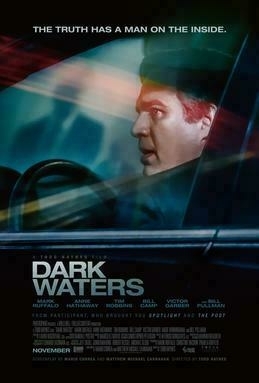
The film is based on the article The Lawyer Who Became DuPont’s Worst Nightmare about the Lawyer Robert Bilott and his twenty year fight against DuPont to expose their dumping of PFAS chemicals in the groundwater of Parkersburg, West Virginia. A grittier Erin Brockovich with some strong performances but maybe some difficult editing choices and in which the color grading seems to chop around a lot which distracted me. Overall though gripping and worthy of a watch. 🎥★★★
What I Talk About When I Talk About Running Review 📚
What I Talk About When I Talk About Running by Haruki Murakami 📚 was OK. With simple and lovely prose and a low key and scattered style but added together I enjoyed it. There is a kind of banal simplicity to the writing which sometimes resonates deeply but often comes off as dry. A mock running-is-life philosophy book flecked with diary entries. Maybe one of his fiction books should be somewhere a new reader should start before this one. ★★★
Most of what I know about writing I’ve learned through running every day. These are practical, physical lessons.
My Yearly Theme for 2022 - Consolidate
My Theme for 2022 is Consolidate. I like having a yearly theme much more than a set of resolutions. It means you can take a direction for the year and adapt a set of wishes in any aspect of your life. You don’t pass or fail a theme but you can hold yourself accountable and build, with small steps, a positive cycle.
Consolidate is because the important things in my life are there already so I want to concentrate on getting the most out if it, wasting less time, doing more of the things that add value for me. There are no game changing thing I want to do or new direction I want to take, so it’s a boring theme in some ways, but that is good for where I am right now. 📝
- more reading, writing and journaling
- more quality time with my family
- learn to type faster
- work on my Finnish language 🇫🇮
- less subscriptions
- simplify & improve my workflows
- keep saving

